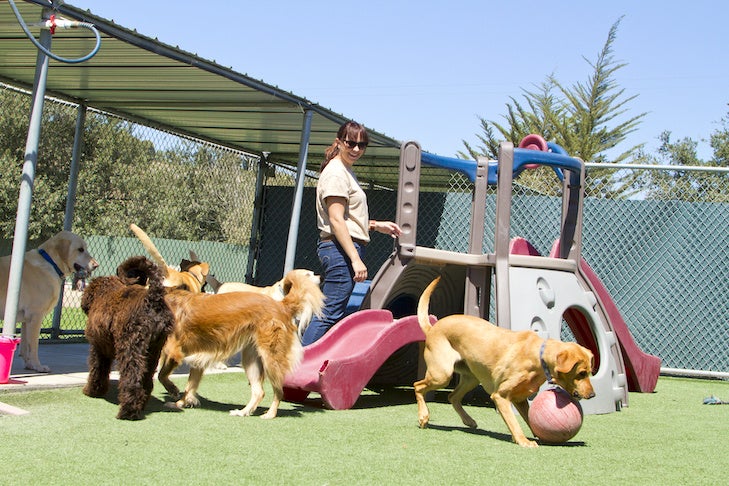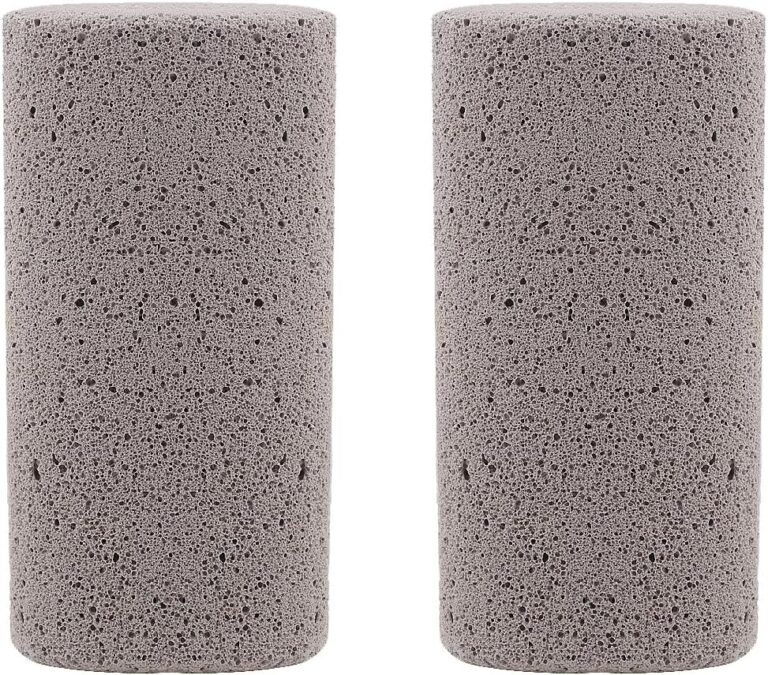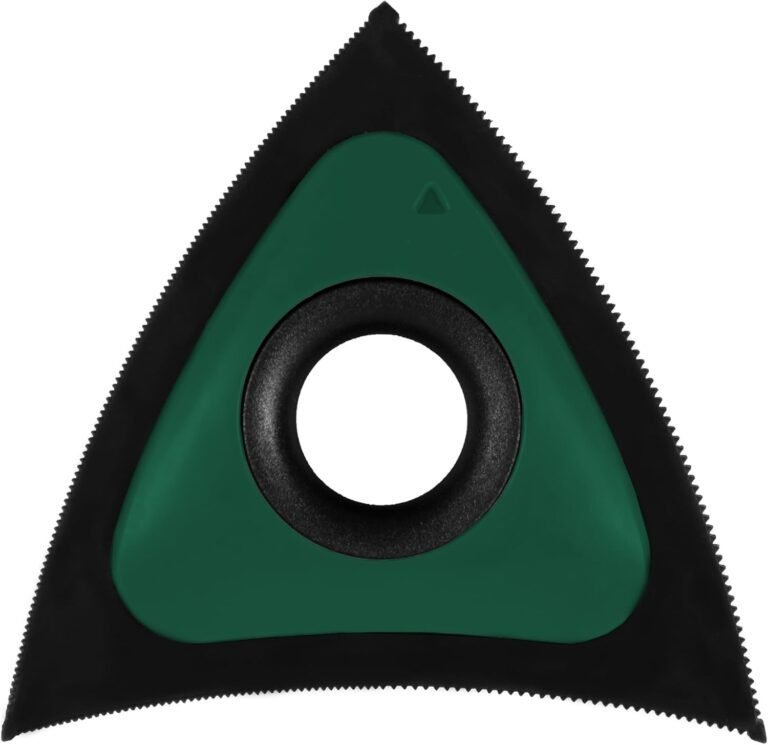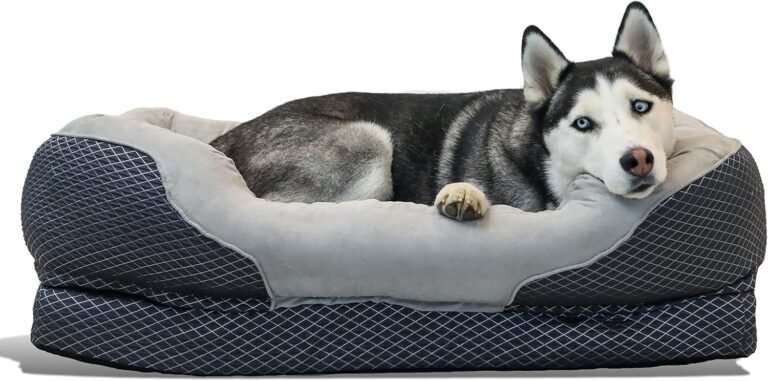
To choose the best puppy daycare, consider factors such as cleanliness, secure fencing, absence of hazards, minimal odors, and adequate staff for safety. It is important to provide puppies with a consistent routine and expose them to different experiences in a safe environment, so a dependable day-to-day schedule is crucial.
Socializing puppies at an early age is also important for their development into friendly, playful dogs. When selecting a puppy daycare, ask about the dog-to-staff ratio, staff training in animal behavior, and group management techniques. Additionally, inquire about the variety of activities, designated rest areas, and the facility’s safety measures.
Recommendations from friends, family, and pet professionals can also help in finding the best puppy daycare.
Factors To Consider
When selecting a puppy daycare facility, it is important to consider several factors to ensure that your furry friend receives the best care possible. These factors include cleanliness and organization, safety measures, and staff training and ratio. By evaluating these aspects, you can make an informed decision and provide your puppy with a safe and nurturing environment.
Cleanliness And Organization
Cleanliness and organization are crucial factors to consider when choosing a puppy daycare facility. A clean and organized environment not only ensures the well-being of your pup but also reflects the professionalism and attention to detail of the facility. Look for the following indicators of cleanliness and organization:
- Minimal odors and a comfortable temperature that promote a healthy and comfortable atmosphere for your puppy.
- Secure fencing and hazard-free areas, free of electrical cords, wires, or broken toys, to prevent accidents or injuries.
- Efficient waste management systems to maintain cleanliness and prevent the spread of diseases.
- Clearly designated areas for play, rest, and other activities to provide structure and organization for your puppy’s daily routine.
Safety Measures
Ensuring the safety of your puppy should be a top priority when selecting a daycare facility. The following safety measures should be in place:
- Secure fencing and secure entry system to prevent unauthorized access and ensure that your puppy cannot escape.
- Emergency protocols and first aid supplies readily available in case of accidents or health emergencies.
- Clean and hazard-free play areas with appropriate play equipment and surfaces to minimize the risk of injuries.
- Regular sanitation and hygiene practices to prevent the spread of contagious diseases among the puppies.
Staff Training And Ratio
The expertise and training of the daycare staff play a vital role in ensuring the well-being and happiness of your puppy. Consider the following factors regarding staff training and ratio:
- Staff members should be trained in animal body language, behavior, and group management to effectively supervise and interact with the puppies.
- Ask about the dog-to-staff ratio during the day to ensure that there are enough caregivers to provide individual attention and monitor the puppies properly.
- Inquire about the tools and techniques the staff uses to manage the arousal level of the group and promote positive behavior.
- Look for a facility that emphasizes ongoing professional development and training for their staff to ensure that they stay updated with the best practices in puppy care.
By considering these factors and asking relevant questions, you can select the best puppy daycare facility for your furry friend. Prioritizing cleanliness and organization, safety measures, and staff training and ratio will provide you with peace of mind and ensure that your puppy receives the love and care they deserve.

Age Requirements
When choosing a puppy daycare, one of the most important factors to consider is the age requirements. It is crucial to ensure that your puppy meets the necessary age criteria to be enrolled in daycare. In this section, we will discuss the importance of socialization and typical age limitations for puppy daycare.
Importance Of Socialization
Socialization plays a vital role in a puppy’s development and overall behavior. Exposing puppies to different experiences, environments, and other dogs at an early age helps them become well-adjusted and friendly adults. Puppy daycare provides a safe and controlled setting for socialization, allowing your puppy to learn appropriate behaviors and develop positive interactions with other dogs.
Typical Age Limitations
Most puppy daycare facilities have specific age limitations for enrollment. Typically, puppies are required to be at least four months old before they can join daycare. This age restriction ensures that puppies have received their initial vaccinations and have built some immunity against common diseases.
By waiting until the puppy is four months old, you can be confident that they are physically healthy and ready to interact with other dogs. Additionally, at this age, puppies have usually gone through their critical socialization period and are more open to learning from their interactions with other dogs.
While the specific age requirement may vary among different daycare facilities, it is essential to respect these limitations for the safety and well-being of all the pups involved. Enrolling your puppy in daycare too early can put them at risk of contracting diseases or being overwhelmed by the experience.
To find the best puppy daycare for your furry friend, make sure to inquire about the age requirements during your research or when visiting the facility. This way, you can ensure that your puppy is in the appropriate age range and will have a positive and enriching daycare experience.
Questions To Ask
When choosing the best puppy daycare, ask important questions about the facility’s cleanliness, safety measures, and staff training. Inquire about the dog-to-staff ratio, staff knowledge of animal behavior, and how they manage group dynamics to ensure your pup’s well-being.
Dog-to-staff Ratio
Why is the dog-to-staff ratio important?
Before choosing a puppy daycare, it’s crucial to inquire about the dog-to-staff ratio. This ratio determines the number of dogs each staff member is responsible for. A low dog-to-staff ratio allows for better supervision and ensures that your puppy receives adequate attention and care. A high ratio, on the other hand, may lead to overcrowding and potential safety risks.
What questions should you ask?
- What is the average dog-to-staff ratio during the day?
- Do they have different ratios for different age groups?
- How do they handle dogs with special needs or behavioral issues?
Staff Training And Management
Why is staff training and management important?
The quality of the staff directly impacts the well-being and safety of your puppy. Properly trained and experienced staff members are better equipped to handle different breeds, temperaments, and situations. Additionally, effective management ensures that protocols are followed, and any incidents are promptly addressed.
What questions should you ask?
- Are staff members trained in animal body language, behavior, and group management?
- What certifications or qualifications do the staff members hold?
- Is there a dedicated manager overseeing the daycare facility?
Facility Certifications And Policies
Why are facility certifications and policies important?
Choosing a daycare facility with appropriate certifications and well-defined policies gives you peace of mind that your puppy will be in a safe and secure environment. Certifications ensure that the facility meets certain standards, while policies dictate rules such as vaccination requirements, emergency procedures, and health protocols.
What questions should you ask?
- Is the daycare facility certified by any reputable organizations or associations?
- What are their vaccination requirements for all dogs?
- How do they handle emergencies and administer medical care if needed?
- What are their policies regarding behavioral incidents and interactions between dogs?


Frequently Asked Questions On How To Choose The Best Puppy Daycare
What Makes A Good Dog Day Care?
A good dog daycare should have a clean and organized environment with secure fencing. It should be free of hazards and have minimal odors and a comfortable temperature. Sufficient staff should be present to ensure safety.
Is It Ok To Put A Puppy In Daycare?
Puppy daycare provides structure and exposure to new experiences in a safe environment. It is beneficial for all dogs, especially puppies, who thrive on routine. Socializing puppies early on is important for their development. Most daycare facilities require puppies to be at least four months old.
When choosing a daycare, consider factors like cleanliness, security, and staff-to-dog ratio.
What Age Is Best For Dog Daycare?
Puppies can start dog daycare at around four months old. Socializing them early helps develop friendly and playful behavior.
What Questions Should I Ask Doggy Daycare?
When selecting a doggy daycare, ask about the staffing: What is the dog-to-staff ratio? Are the staff trained in animal behavior? What tools do they use for managing the group? Consider questions about the facility: Is it certified? How do the staff interact with dogs?
Do they perform a temperament test? How are the play areas organized? What is the staff-to-dog ratio? Also, inquire about the activities and amenities: Are there activities for dogs of different energy levels? Is there a designated rest area? And, finally, ask for recommendations from friends, family, and pet professionals.
Conclusion
When it comes to choosing the best puppy daycare, there are several factors to consider. You want to ensure that the facility is clean, organized, and free of hazards. The staff should be knowledgeable, trained, and experienced in handling dogs.
Additionally, it’s important to ask about the dog-to-staff ratio and the activities provided for the puppies. By following these guidelines, you can make an informed decision and provide your puppy with a safe and enjoyable daycare experience. Remember, your pup’s well-being should always be the top priority.




